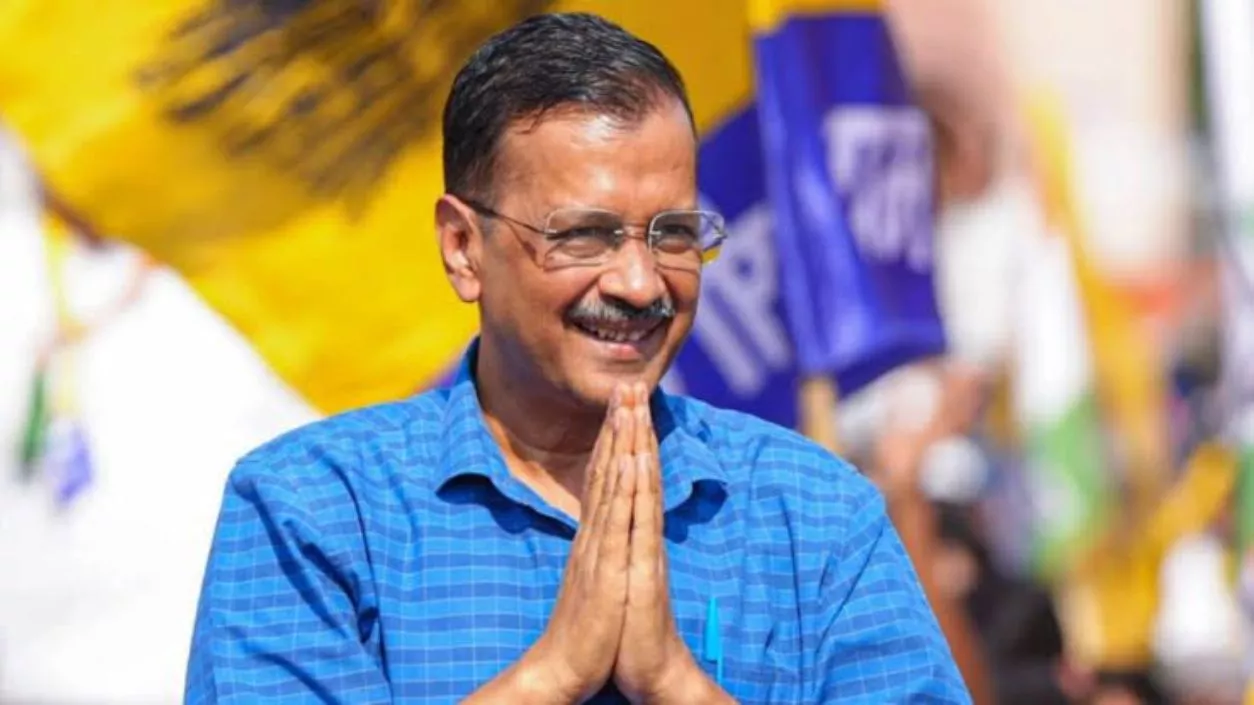Class 11 student stabbed 14 times in Faridabad Market, 10 arrested
.gif)
.gif)

The Mukhya Mantri Mahila Samman Yojana, a scheme announced by the Delhi government to increase financial aid for women from ₹1,000 to ₹2,100 per month, has faced significant criticism within the Aam Aadmi Party (AAP). AAP councillor Ravindra Solanki criticized the Delhi government for not fulfilling its previous promise of providing ₹1,000 to women under the earlier version of the scheme.
Solanki highlighted that many women have been approaching AAP offices, seeking the ₹1,000 allowance that was initially promised. Despite the widespread inquiries, the allowance has not been disbursed, leading to public frustration. Solanki argued that the Delhi government should have first ensured the ₹1,000 allowance was implemented before announcing an increase to ₹2,100, adding that the government had failed to fulfill its promises.
The issue intensified as the Women and Child Development Department and the Health Department of the Delhi government issued separate public notices on Wednesday, distancing themselves from the promised scheme. The notices clarified that no such scheme currently exists, emphasizing that forms or applications for the ₹2,100 allowance were not being accepted. The departments warned that any individual or political entity collecting forms for this scheme was engaging in fraudulent activity.
In addition to the Mukhya Mantri Mahila Samman Yojana, the Delhi government also introduced the Sanjeevani Yojana, which aims to provide free medical treatment for senior citizens. Both welfare initiatives were part of the Delhi government’s broader plans to improve the living conditions of women and the elderly in the city. However, the lack of clarity regarding the implementation of these schemes has raised doubts among the public.
Amid the controversy, AAP leader Arvind Kejriwal responded by accusing the opposition, particularly the Bharatiya Janata Party (BJP), of attempting to sabotage the schemes. Kejriwal claimed that the BJP was attempting to create a false narrative surrounding the two welfare programs, possibly to discredit the government’s initiatives. He further alleged that a political conspiracy was being formed to undermine the schemes, which he argued were designed to benefit vulnerable sections of society.
The ongoing issue highlights the challenges faced by the Delhi government in delivering on its welfare promises. With no official confirmation of when or how the funds for the Mahila Samman Yojana will be distributed and with doubts over the launch of the Sanjeevani Yojana, public trust in the government’s ability to execute its promises is being questioned. The lack of information and transparency regarding both schemes has left citizens waiting for clarification on their eligibility and potential benefits.